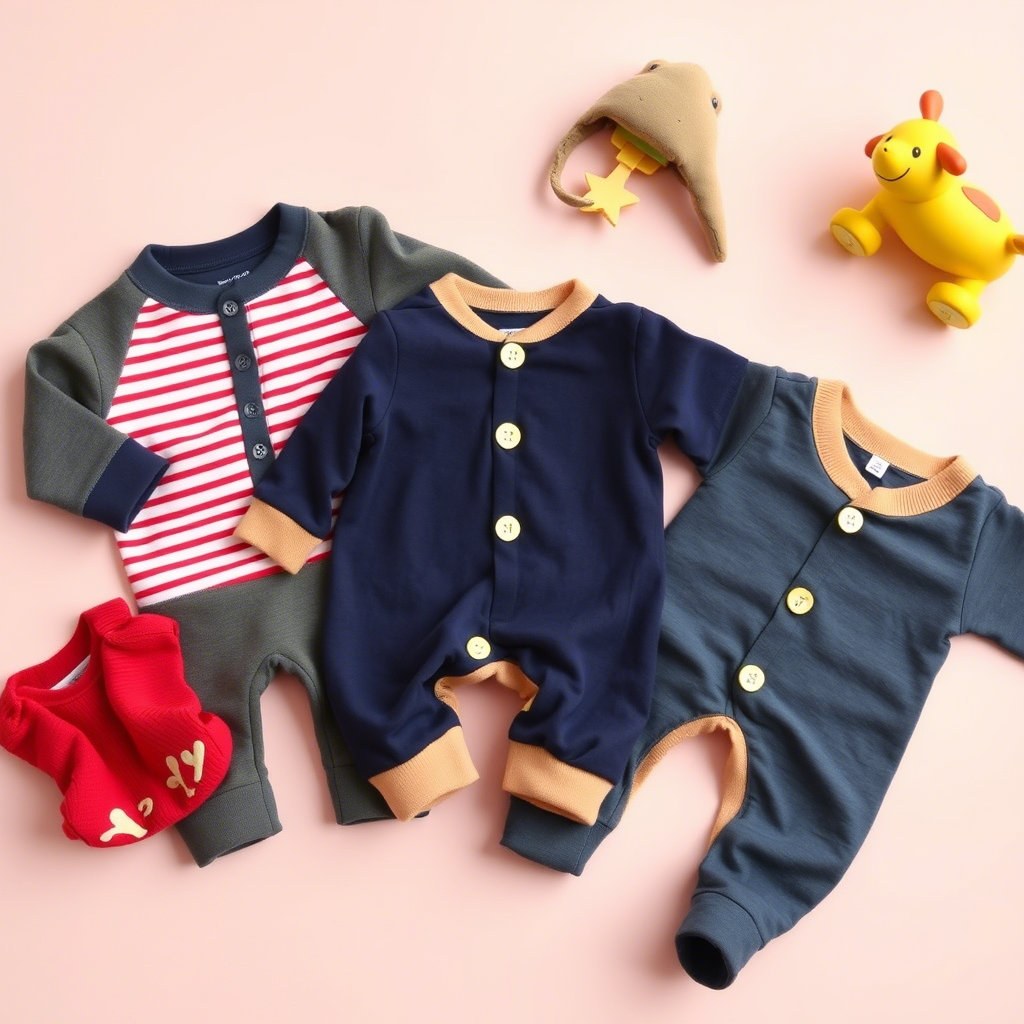Wholesale Baby Clothes Suppliers: A Comprehensive Guide
The demand for wholesale baby clothes has seen a significant surge in recent years, driven by the growing need for affordable and high-quality clothing for infants and toddlers. As a result, wholesale baby clothes suppliers have become essential partners for retailers, parents, and caregivers seeking to stock up on adorable and comfortable clothing. In this article, we will explore the world of wholesale baby clothes suppliers, discussing their importance, key considerations, and best practices.

The wholesale baby clothes market is a thriving industry, with numerous suppliers offering a wide range of products to cater to diverse tastes and preferences. When selecting a wholesale baby clothes supplier, it is crucial to consider factors such as product quality, pricing, and customer service.
Key Considerations for Wholesale Baby Clothes Suppliers
Product Quality and Variety
- Suppliers should offer high-quality products made from breathable, soft, and durable materials.
- A diverse product range is essential to cater to different tastes, preferences, and age groups.
- Suppliers should comply with international safety standards and regulations.
Pricing and Payment Terms
- Competitive pricing is vital to attract and retain customers.
- Suppliers should offer flexible payment terms, including discounts for bulk orders.
- Transparent pricing policies help build trust with customers.
Customer Service and Support
- Responsive customer service is critical to resolving queries and addressing concerns.
- Suppliers should provide detailed product information, including sizing charts and care instructions.
- Effective communication channels, such as email and phone support, are essential.

For retailers looking to source high-quality baby clothes, it’s essential to explore various wholesale suppliers. You can find a range of products, including boys’ coats, at reputable online marketplaces.
Best Practices for Partnering with Wholesale Baby Clothes Suppliers
Building Strong Relationships
- Foster long-term relationships with suppliers to ensure consistent product quality and reliable delivery.
- Regular communication helps to address concerns and resolve issues promptly.
- Collaborative partnerships can lead to mutually beneficial agreements and promotions.
Ensuring Compliance and Safety
- Verify that suppliers comply with relevant regulations, such as those related to product safety and labor practices.
- Conduct regular audits to ensure adherence to quality and safety standards.
- Suppliers should provide documentation, such as certificates of compliance, to reassure customers.
Staying Ahead of Trends
- Suppliers should stay informed about the latest trends and consumer preferences.
- Attend trade shows and industry events to stay up-to-date on market developments.
- Offer seasonal collections and limited-edition products to keep inventory fresh and exciting.

To further enhance your product offerings, consider exploring other categories, such as girls’ dresses, to diversify your inventory and appeal to a broader customer base.
Managing Inventory and Logistics
Effective Inventory Management
- Suppliers should implement efficient inventory management systems to ensure timely restocking and minimize stockouts.
- Accurate forecasting helps to prevent overstocking and reduce waste.
- Suppliers should offer flexible shipping options to cater to different customer needs.
Streamlining Logistics
- Suppliers should have a reliable logistics network to ensure prompt and secure delivery.
- Consider partnering with suppliers that offer tracking and monitoring services.
- Suppliers should be transparent about their shipping policies and estimated delivery times.
Conclusion
The wholesale baby clothes market offers numerous opportunities for retailers, parents, and caregivers to source high-quality, affordable clothing. By understanding the key considerations and best practices outlined in this article, businesses can build successful partnerships with wholesale baby clothes suppliers. When selecting a supplier, prioritize factors such as product quality, pricing, and customer service. By doing so, you can ensure a successful and sustainable business partnership that benefits both parties.